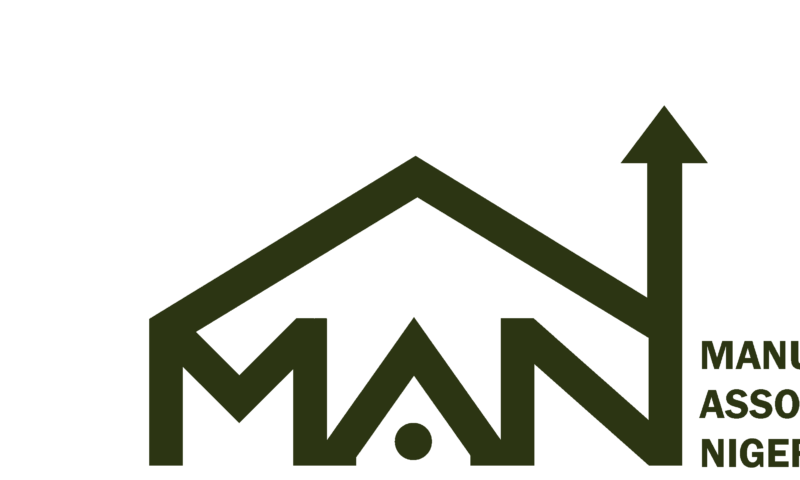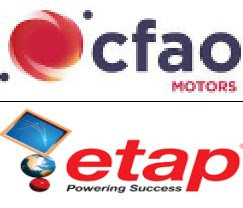By Favour Nnabugwu
The Joint Admissions and Matriculation Board, JAMB, and heads of tertiary education institutions in the country have pegged the minimum cut-off mark for admissions in the 2022/2023 academic session at 140 for universities and Polytechnic s, College of Educations at 100.
These were announced at the ongoing Policy Meeting on Admissions, presided by the Minister of Education, Adamu Adamu, in Abuja, Thursday.
JAMB’s registrar, Professor Ishaq Oloyede, who announced the cut-off after after a thorough debates and votes by vice chancellors of universities, rectors of polytechnics and provosts of colleges of education, said the implication was that “every institution has the right to fix its own cut-off mark even up to 220 but no one would be allowed to go less than the agreed minimum marks of 100 for colleges of education, 100 for polytechnics and 140 for universities.”
The meeting also called for the review of admission criteria to give 10per cent discretional power of admission to heads of tertiary institutions.
Recall that the 2022 UTME who over 1.7 million candidates registered and sat for across the country,began on Friday, May 6,2022 ,and ended on Friday 13th May, 2022.
The JAMB boss said only 378,639 of the 1,761,338 who wrote the 2022 Unified Tertiary Matriculation Examinations ,UTME, scored 200 and above.
While giving further statistics of the 2022 examination, Oloyede noted that 378,639 scored above 200; a total of 520,596 candidates scored 190 and above; 704,991 scored 180 and above; 934,103 scored 170 and above; 1,192, 057 scored 160 and above.
Oloyede used the opportunity to disclose names of best performed students in the 2022 Unified Tertiary Matriculation Examination,UTME.
Açcording to him, Master Adebayo Eyimofe,an indigene of Ekiti State came first having scored the highest mark with 362 points. He was trailed behind by Ugwu Chikelu, an indigene of Enugu State,who 359 points.
He explained that both sat for the examination in one of the Computer-Based Test,CBT centres in Abuja.
Prof. Oloyede named other eight candidates as Igbalaye Ebunoluwa 357; Emmanuel Oluwanifemi 357; Ozumba Samuel 357; Olumide-Attah Ayomide 355; Lawal Olaoluwa 355; Dokun Jubril 354; Amaku Anthony 354 and Aghulor Divine 353, respectively.
The JAMB boss at the event,said the Minister of Education,Malam Adamu Adamu,has approved that A’level results by the National Business and Technical Education Board,NABTEB, will no longer be considered for admission into higher institutions after 2022.
Hear him:“The Honorable Minister of Education has approved that the NABTEB A’level GCE will no longer be recognized as a qualification for Direct Entry,DE,from 2022. However, all those who have already obtained it prior to this date will be able to use it.”
Speaking further at the policy meeting, Oloyede highlighted some of the challenges faced by the board in the conduct of the 2022 UTME/ DE examination.
The challenges of the 2022 UTME,he explained,were examination malpractices, impersonation and substitution of real candidates by paid examination takers, fraudulent CBT owners who sabotage examination, parents encouraging examination malpractices, mass cheating by syndicates, prolonged investigation and prosecution.
Speaking at the event, the Minister of Education, Adamu Adamu warned institutions against violating the laid-down admission guidelines.
Açcording to him,all institutions must adhere strictly to all admission regulations prescribed by the regulatory bodies such as the National Universities Commission,NUC, the National Commission for Colleges of Education,NCCE and the National Board for Technical Education, NBTE.
This,he said,must be “particularly with regards to approved quotas, ratios and other specifications meant for improved quality, accountability and equity.”
The minister disclosed JAMB under Prof. Ishaq Oloyede has so far remitted about N29 billion directly to the Consolidated Revenue Fund,CRF.
Açcording to him,JAMB also granted over N1 billion to the Institutions, expended more than N2billion on capital projects, reserved N6 billion for its future expansion as part of its Corporate Social Responsibility,CSR , just as it provided social services such as funding the freighting and delivery of donated critical hospital equipment to 12 teaching hospitals at a cost of $257,000 and ₦47million.
He said JAMB has continued to serve as a model for public agencies in vision, devotion, transparency and efficiency which continue to yield enormous goodwill to the government and people of Nigeria.
He said:“In this meeting, we shall be focusing on consolidating the achievements we have made on admissions policies in the area of innovations that drive transparency, accountability, equity and fairness in the admissions process”.
“Just as in the previous admissions exercises, the admissions criteria still remain as approved and circulated. All institutions must therefore adhere strictly to them and all others prescribed by the regulatory bodies such as the National Universities Commission (NUC), National Board for Technical Education (NBTE) and the National Commission for Colleges of Education (NCCE), particularly with regards to approved quotas, ratios and other specifications meant for improved quality, accountability and equity.”
Speaking on flexibility in the admission, Adamu stated that during the 2021 Policy Meeting, he advised tertiary institutions to adopt a more flexible posture in the admissions process provided all actions are in compliance with the guidelines.
“One size fits all is injurious, hence, the statutory stipulations that in the exercise of its functions, JAMB should not obliterate the peculiarities and unique features of each of the Institutions”, he said
On the eradication of illegal admission, the minister said: “In 2017, we introduced the Central Admissions Processing System (CAPS) to eradicate the primeval activities around admission procedures towards nuzzling transparencies and accountabilities on admissions. It was on this note that it was mandated that all admissions to tertiary institutions in Nigeria must be carried out on the CAPS”.
“This implies that all applications for regular and non-regular admissions to tertiary institutions must be routed through the Joint Admissions and Matriculation Board in conformity with its enabling law. I am aware that JAMB issues specific Advisories to guide different aspects of the process. I therefore urge every Institution to comply with those advisories in the interest of the sector”.
“By the last policy meeting, I had approved that all illegitimate admissions from 2017 to 2020 be condoned provided such candidates met the minimum entry qualifications in their various courses of study. I am aware that the process led the affected institutions to declare about one million illegitimate admissions for the periods”.
He noted that as soon as the process is completed, necessary measures would be put in place to track and sanction all culpable heads of institutions irrespective of whether they are in office or not.










